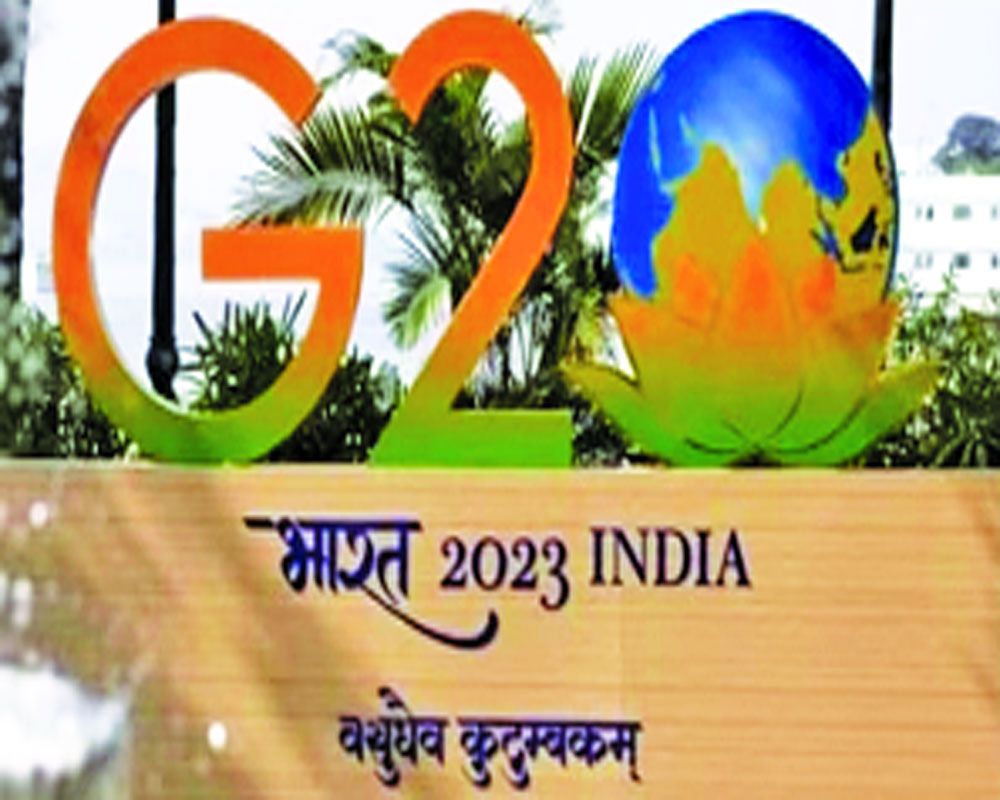Challenges remain, and the road ahead is not free of headwinds but a strong push has been made
The just concluded G20 meeting in Delhi has been an unqualified success. India, while fulfilling its responsibility of holding the G20 Presidency, has demonstrated an inspiring championship of the issues of the Global South. The path of the G20 summit, from Indonesia last year to India, to Brazil later this year and from there to South Africa, augurs well for the rightful assertion of the Global South within the international community.
Like most other international bodies, the G20 carries with it a cause of concern – as it contains the world’s most powerful and influential in its origins. The path of the upcoming summits, as it traverses through the nations of the Global South, however, provides hope of giving momentum to the next phase of decolonisation.
The first phase of decolonisation, which concluded by the middle of the last century, saw strong momentums embodied by nationalist struggles leading up, with a few notable exceptions, to the physical ouster of occupations and the first steps of liberation of the Global South. From quite early on, the Global South realised the need to build collective energies to counter the hegemonies of the Global North, and this saw the Bandung Conference in 1955 and the Non-Aligned Movement that continued to the early 1990s. With a hiatus brought about by the end of the Cold War, we see today renewed recognition of the need to resist the continued hegemony of the Global North.
In that context, the decision to welcome the African Union as a permanent member of the G20 will shape the ideas of planetary futures. Powered by the suffering of plundered pasts, popular momentums and a youthful future, there can be little doubt that the peoples and states of the African continent will eventually define the future of equality and justice together with the other nations of the Global South.
The G20 New Delhi Leaders’ Declaration, adopted as a consensus document, shows four key departure points. These include the issue of climate justice, the expressed need for debt restructuring, the agenda of gender equality and empowerment of all women and girls and the war in Ukraine.
Climate action also presents a significant arena for decolonisation. Peoples and nations of the Global South have contributed the least to the climate crisis and yet suffer the most. Within the G20, the G7, in particular, carry the historical responsibility for most damage and, therefore, must shoulder the burden/ weight of reparations and compensation for damage. Indeed, climate justice needs to adopt the principle of common but differentiated responsibility. The document spells out the need for adequate climate financing by the Global North.
The Delhi Declaration brought a sharp focus on global debt vulnerabilities, especially as related to low- and middle-income countries. Progressive opinion has long pushed the agenda of debt cancellation, as the positive impact on people from the Global South would be immense.
As a reiteration of the feminist sentiment to consign patriarchy to the dustbin of history, the Delhi Declaration has called for gender equality and empowerment of women and girls. While legal frameworks for women’s rights exist in most countries, achieving gender equality in social and economic spheres remains challenging. This could be the defining moment for women of the world with the G20 endorsing the vision of a feminist future.
Challenges remain. Most important is whether the agreements coming out of G20 will go beyond the symbolic and escape the subterfuge of Greenwashing and market solutions, which have proven only to benefit business owners. Symbols, rhetoric and broader participation must translate into tangible and urgent ground action. Such legacies live only when the most vulnerable see them realised.
(The writer is executive director of Action Aid Association. Views are personal)


























